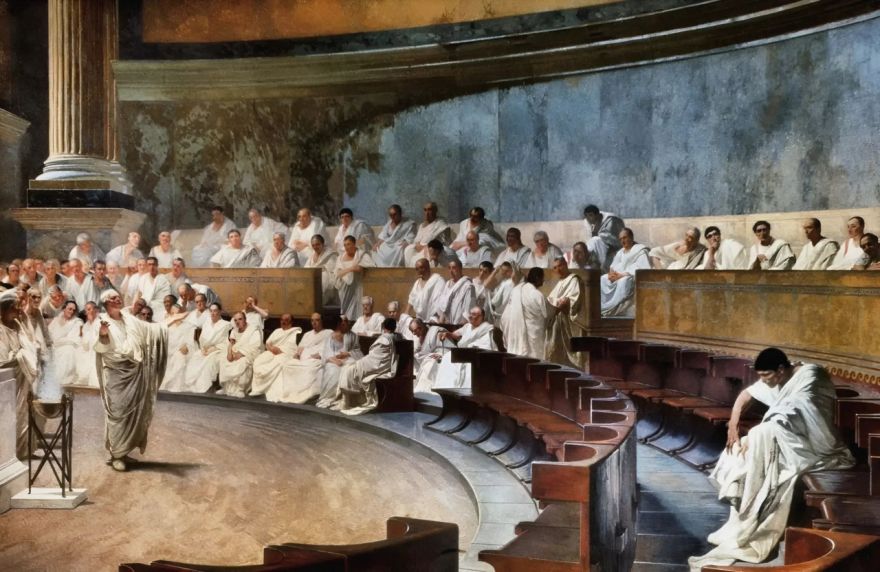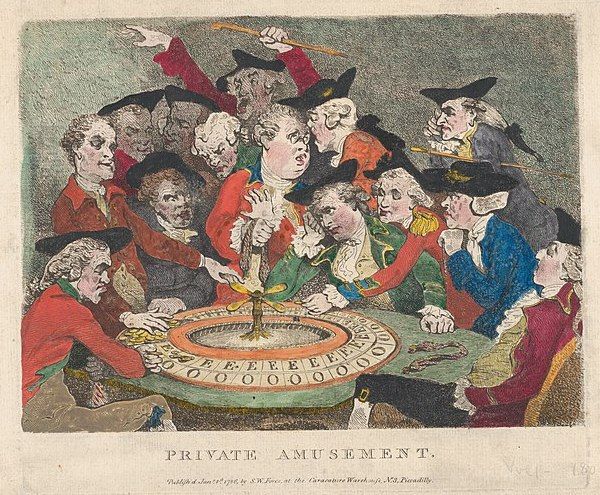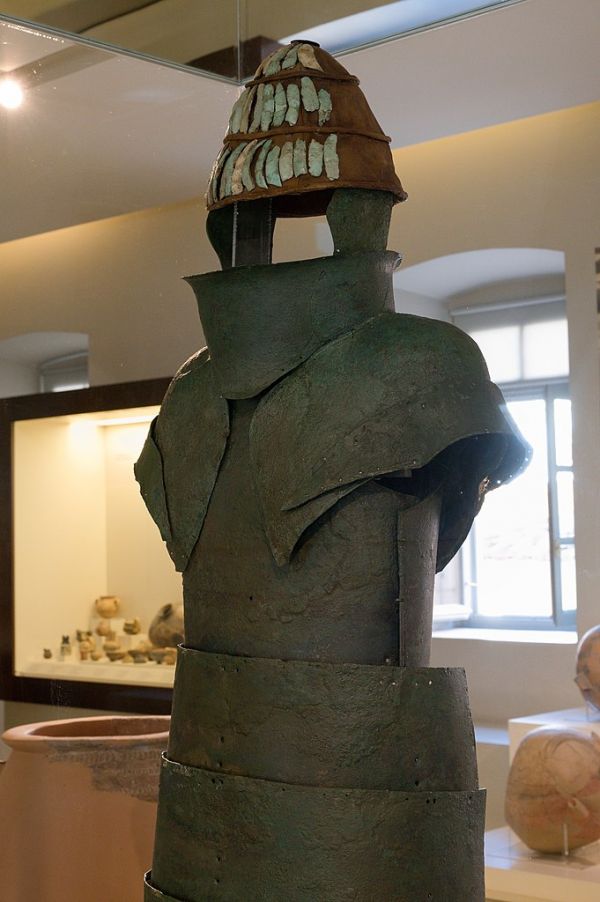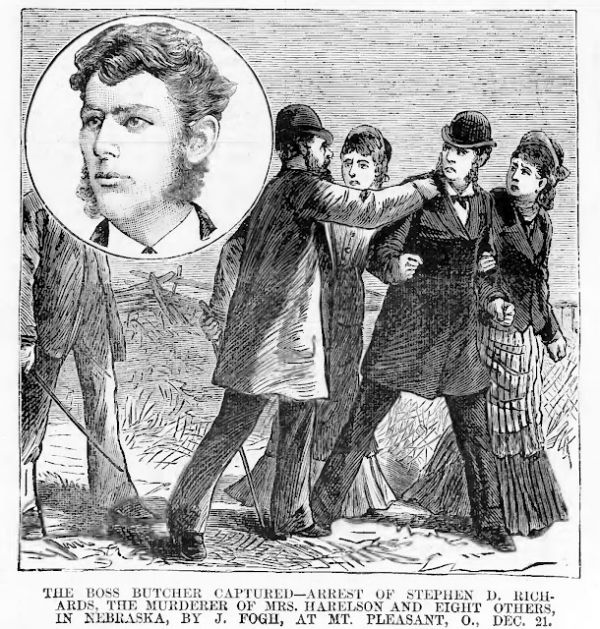
Remember that airline for dogs we shared with you last time? Well, BARK Air has finally got off the ground on Wednesday afternoon, carrying with it six dogs of varying breeds along with 11 humans, which included both passengers and crew, on a flight from New York to Los Angeles.
The idea was given birth with dogs in mind first, and their human companions second. For those who have taken their dogs along traveling, it might have been quite a hassle to figure out the best logistics to get your dog comfortable on the flight, since air travel was never designed to consider our pets as travel companions.
But with BARK Air, the primary focus of the experience are the dogs, and they intend to ensure a first-class experience for dogs in every step of the process from booking to arrival. Matt Meeker, the CEO and co-founder of the airline's parent, BARK, has shared that he had been working on the idea for over a decade.
Inspired by his late Great Dane Hugo, Meeker wanted to cater to other pet owners who wanted to bring their dogs along with them but have had to leave them in the cargo area as there would normally not be enough space for large dogs in the cabin. Furthermore, airlines have also become more strict with regard to emotional support animals, so BARK Air may just be a timely response to the current climate of air travel with pets.
Of course, because BARK Air does not own any planes themselves, they have partnered with Talon Air, which will provide the plane along with the crew and pilots, so it stands to reason that a one-way ticket will cost a hefty amount, specifically, $6,000 from New York to LA, and $8,000 from New York to London. This is inclusive of one human and one dog (or two dogs as long as they weigh under 50 lbs) and Meeker hopes that as the idea takes off, figuratively and literally, that these costs can be lowered over time.
It's basically a dog paradise in the air, as BARK is dedicated to pampering their passengers' pooches throughout the whole journey. Currently, the planes can accommodate as many as 18 human passengers, but BARK has limited that number to 10 to give way for more space for the dogs to play around. Human passengers are advised however, to keep their dogs on a leash, and out of courtesy, ask others for permission before approaching, so that order can be maintained on the flight.
Although it's a comfort for dog owners, there are concerns that dogs may misbehave despite all the precautions taken. However, on the most recent test flights that Meeker conducted, the dogs did not become unruly at all. Instead, they were all calm as a cucumber, which surprised the people on the experimental flights.
BARK has received an overwhelmingly positive response. They are getting tons of requests to add more destinations, like Chicago, on their schedule, which they have already published through the end of the year to accommodate people who buy their tickets in advance. At the moment, they have four round-trip cross-country flights a month, and they are thinking of opening a new route from New York to Paris in the fall.
(Image credit: BARK Air/Instagram)









